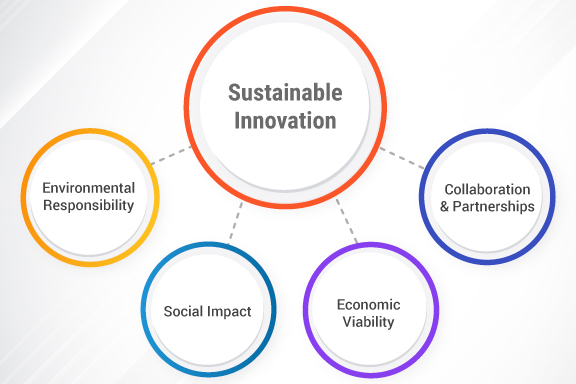India is advancing its green steel technology by forming a consortium of research labs, IITs, steelmakers, and equipment manufacturers.

|
Aspect |
Competition Law |
Sustainability |
|
Primary Objective |
Promote consumer welfare and ensure fair competition |
Achieve long-term environmental, social, and economic balance |
|
Focus |
Market efficiency, preventing monopolies and collusion |
Reducing environmental impact, conserving resources |
|
Key Considerations |
Prices, market share, consumer choice |
Carbon footprint, resource usage, ecological impact |
|
Regulatory Tools |
Anti-trust laws, merger controls, anti-collusion measures |
Environmental regulations, carbon pricing, sustainability reporting |
|
Assessment Criteria |
Economic efficiency, market power, consumer harm |
Environmental benefits, sustainability metrics |
|
Challenges |
Balancing market dynamics, avoiding over-regulation |
Measuring sustainability impact, integrating into business practices |
|
Potential Conflicts |
May restrict collaborations that could lead to innovation or efficiency gains |
May require industry-wide cooperation, which can conflict with anti-collusion laws |
|
International Examples |
EU Competition Law, US Anti-trust Laws |
Paris Agreement, UN Sustainable Development Goals |
|
Implementation |
Legal enforcement by competition authorities |
Voluntary initiatives, government policies, and regulations |
|
Sector Impact |
Direct impact on market structures and business practices |
Broad impact across all sectors, focusing on long-term sustainability |
|
Role of CCI toward Green Competition in India |
|